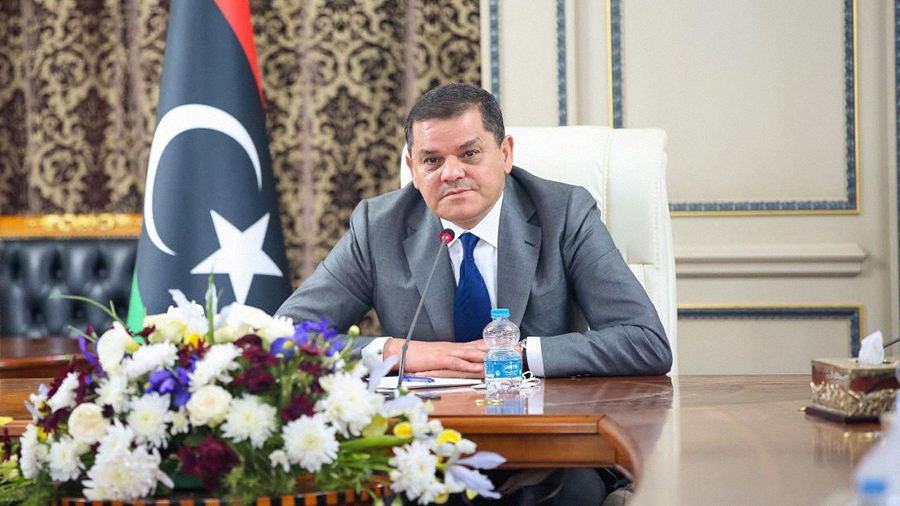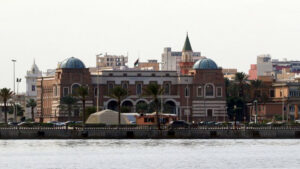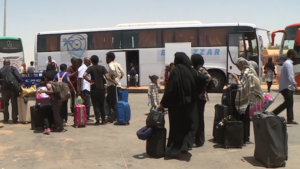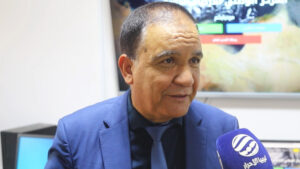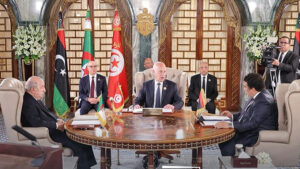The Libyan Prime Minister vowed that the landmark December general elections would go ahead even as foreign meddling poses obstacles to the vote.
Abdul-Hamid Dbeibah told Bloomberg in an interview in Tripoli that holding elections on December 24, which could end a decade of turmoil in Libya, is his administration’s most important task.
Bloomberg said Libya’s conflict also morphed into a proxy war involving Russian mercenaries and other foreign fighters. A ceasefire is holding as outside powers look to the election as the culmination of their efforts. International interventions, as well as the interventions of military systems, may create obstacles to the holding of elections, despite all countries officially supporting the vote.
Nevertheless, Dbeibah said Libya would not return to war. One intervention is supposedly being plotted by Russian President Vladimir Putin. He’s said to be intent on challenging the U.S. and Europe, as well as Turkey, by elevating into office the ex-dictator’s son, Saif Al-Islam Gaddafi, who’s emerged from years of seclusion.
The report says the Kremlin’s pressuring Libyan military strongman Khalifa Haftar, who controls much of the oil-rich east, to support the push, according to people in Moscow aware of the efforts.
“The ploy, if successful, would boost Russia’s clout in the Middle East after Putin propped up Syria’s Bashar Al-Assad.” The report said.
Dbeibah said Saif al-Islam Gaddafi is “a Libyan citizen and the son of an important tribe in Libya, and I have no objection to the candidacy of any citizen who has no legal issues.”
Election rules not yet formalized could in theory bar Gaddafi from running as he’s wanted for war crimes by the International Criminal Court, or make a problem of Haftar’s dual US-Libyan nationality. No candidate has put their name forward.
Dbeibah said he only communicated indirectly with Haftar when his term began to resolve matters including prisoner exchanges, but Haftar’s recent speeches haven’t been encouraging.
Dbeibah said he doesn’t object to meeting Haftar if he recognizes him as prime minister and defense minister.
He cited progress toward agreeing the exit of mercenaries: “I won’t say they’ll be out in a month or two,” but they’ll eventually leave, he said, describing a “very significant decrease” in weaponry brought into Libya.
According to Bloomberg, the conflict has stunted efforts to revive the economy, stabilize oil production and provide basic services. Libya pumped 1.17 million barrels a day in July, down from 1.6 million barrels before the 2011 revolution.
Libya’s Oil Minister Mohammed Oun said sustaining output might be difficult unless lawmakers pass a long-delayed 2021 budget.
The draft plan allocates 25% of development spending to the National Oil Corporation (NOC); about 3 billion dinars ($661 million).
“Libya will present projects for investment at two oil and gas conferences at year-end, one in Texas, the other in Tripoli,” Dbeibah added.
He said Italy’s Eni SpA, TotalEnergies SE of France and Spain’s Repsol SA have stakes in Libyan oil projects. Russian energy company Gazprom PJSC is also in Libya.
Dbeibah cited “offers from Eni, which is ready to invest $10 billion in various oil fields, as well as Total that has an investment budget in Libya of more than $2 billion.”
The Libyan Prime Minister said he hasn’t yet looked into changing the NOC’s head, Mustafa Sanalla, as the Oil Minister suggested.
“It may or may not change; everything is possible,” Dbeibah said, adding that there will be personnel changes, but not in the form the Minister requested.

